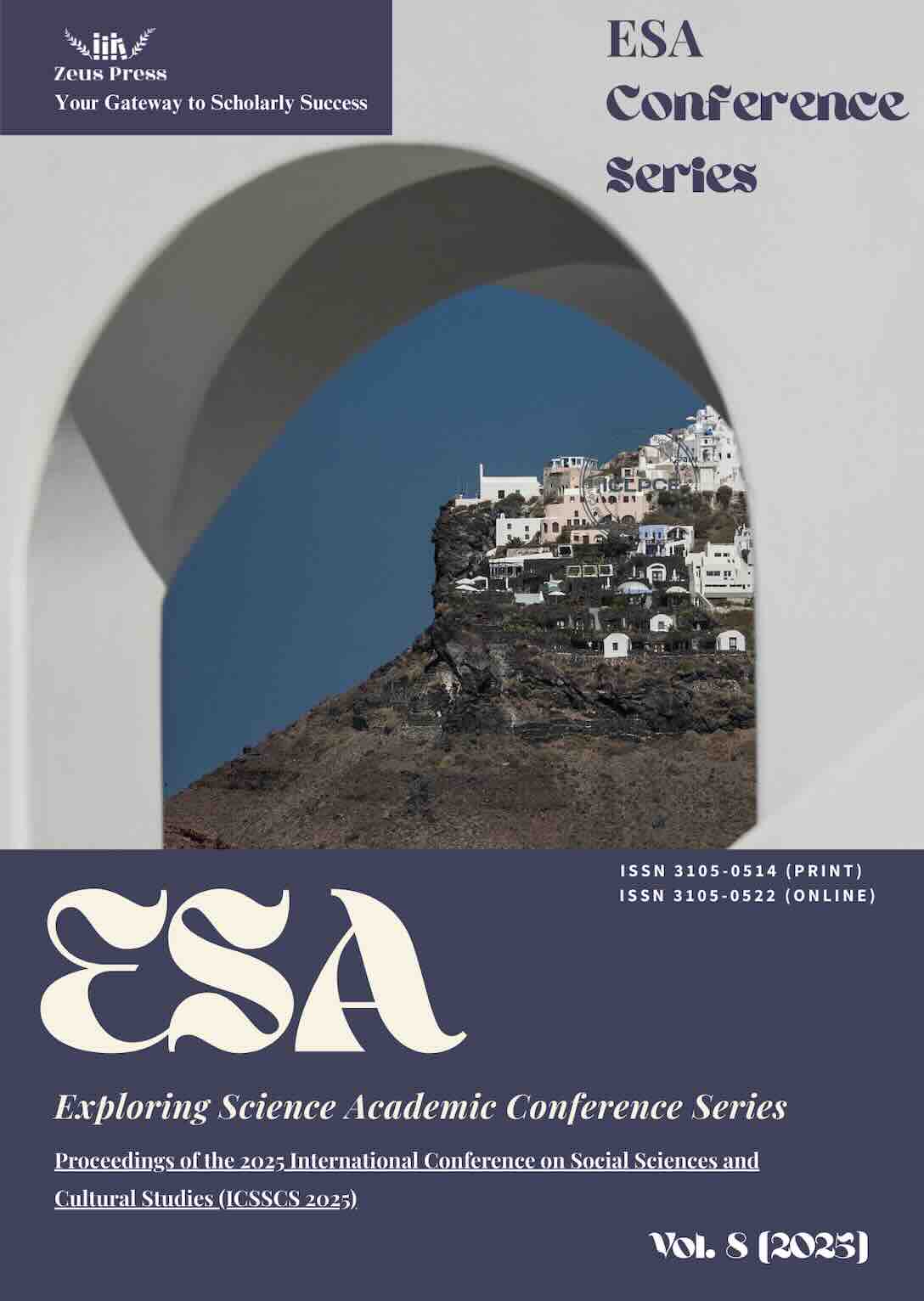The Judicial Dilemmas in Determining the “Constructive Knowledge” of the Crime of Assisting Information Network Criminal Activities and the Reconstruction of Relevant Rules
Main Article Content
Keywords
crime of helping information providers, presumed knowledge, judicial dilemma, rule reconfiguration, similar cases are judged the same
Abstract
There are three dilemmas in the judicial determination of “presumed knowledge” in the crime of assisting information network criminal activity information: fragmentation of rules, local characterization, and technological alienation. With specific rules shining, the introduction of the Opinion is aimed at addressing these three predicaments, reconstructing the rules, unifying the rules, and eliminating some local differences. By comparing and quantifying cases in the Supreme People’s Court’s case library, this paper analyzes the role of the system of “objective behavior - subjective cognition - actor characteristics” constructed by it in achieving unified judgment. Opinions categorize objective behavior, subjective cognition and actor characteristics in major scenarios and refine specific rule scenarios by dividing technical elements into objective and subjective elements, which significantly narrows regional differences in adjudication, promotes the convergence of adjudication in technical cases, promotes the universality of functional specificity standards, and enhances the effectiveness of protection for special groups. Nevertheless, the reconfiguration of rules in Opinion still has limitations, and the ambiguity in the determination of the functional attributes of technical tools and the formalization of counterevidence review still restrict judicial rationality. The research suggests that the rules should be further improved in terms of legislation, interpretation and technology empowerment to achieve the dual goals of precisely cracking down on cybercrime and safeguarding the rights of the perpetrators.
References
- Criminal Judgment of Li Shaodong Case, (2023). Beijing Criminal Case No.123 of 01.
- Lao, D., (2025). The protected legal interest of the crime of assisting information network criminal activities. Legal Forum, vol. 40, no. 2, pp. 5-16.
- Long, Z. and Hu, J., (2024). The determination of "knowing" in the crime of assisting information network criminal activities. Journal of Southwest Minzu University (Humanities and Social Sciences Edition), no. 1, pp. 61-72.
- Supreme People's Court, (2025). Opinions on handling criminal cases related to assisting information network criminal activities and other issues [Online]. Available: http://gongbao.court.gov.cn/Details/88ebf70a60488ce712b53141665b5e.html [Accessed October 30, 2025].
- Xiong, Y. and Huang, Y., (2016). Judicial application of crime of assisting information network criminal activities. People's Justice (Applied), no. 31, pp. 75-79.
- Zhang, M., (2024). Rediscussion on crime of assisting information network criminal activities. Journal of Law and Business Studies, vol. 41, no. 1, pp. 21-41.


